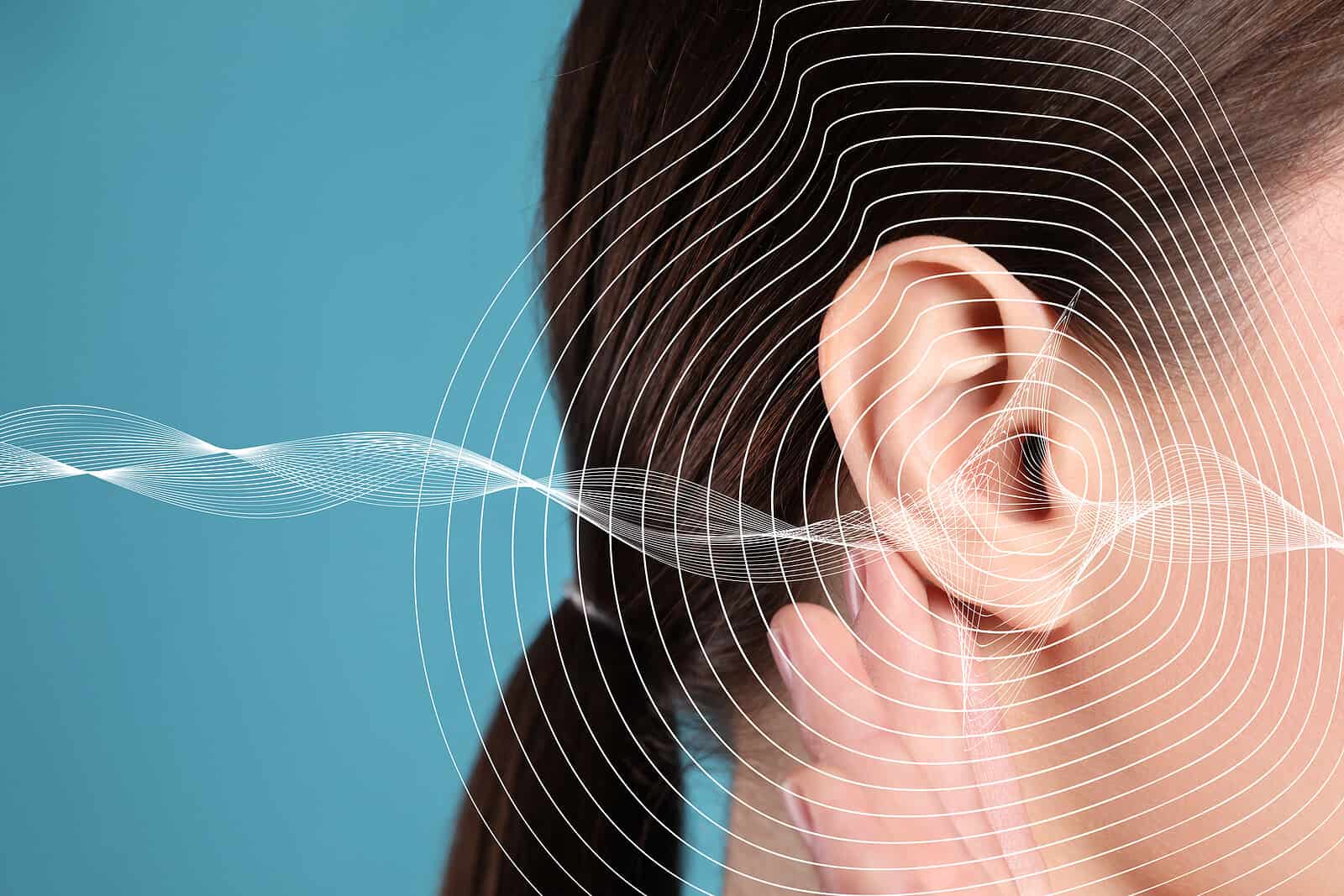
In today’s fast-paced world, noise pollution has become a prevalent concern. Whether it’s the cacophony of city streets, the drone of airplane engines, or the clamor of a bustling office, excessive noise can lead to stress, fatigue, and even hearing damage. In response to this challenge, active noise canceling (ANC) technology has emerged as a groundbreaking solution. This article aims to provide a thorough understanding of how ANC works, its applications in hearing protection, and its role in safeguarding against hearing loss.
What is Active Noise Canceling?
Active Noise Canceling is an advanced technology designed to counteract external noise and provide a more serene auditory environment. Unlike passive noise isolation, which relies on physical barriers to block noise, ANC employs a more sophisticated approach.
ANC employs a combination of microphones, processing circuitry, and speakers within headphones or earbuds to detect incoming sound waves, analyze their frequency and amplitude, and generate an opposing sound wave, known as an anti-noise, which cancels out the original noise.
How Does Active Noise Canceling Work?
- Microphone Pickup: ANC-equipped headphones are equipped with one or more microphones positioned on the ear cup’s exterior. These microphones capture the surrounding sounds, including ambient noise.
- Sound Analysis: The captured audio data is fed into an electronic processing circuit, usually a digital signal processor (DSP). The DSP analyzes the sound waves’ characteristics, including frequency and amplitude, to identify the primary noise components.
- Anti-Noise Generation: Once the DSP identifies the noise components, it generates corresponding anti-noise signals. These signals are the exact inverse of the original noise in terms of frequency and amplitude, which allows them to destructively interfere with the noise.
- Speaker Output: The anti-noise signals are sent to the headphones’ or earbuds’ speakers, where they are emitted along with the audio you want to hear. As the anti-noise combines with the external noise, they cancel each other out, effectively reducing the overall noise level reaching your ears.
Applications of Active Noise Canceling
- Enhancing Listening Experience: ANC technology allows users to immerse themselves fully in their desired audio content, whether it’s music, podcasts, or audiobooks, by minimizing the intrusion of external noise.
- Aviation and Travel: Frequent travelers and airline passengers benefit from ANC to reduce the constant drone of airplane engines, enabling a more comfortable and relaxing journey.
- Office and Workplace: In busy office environments, ANC headphones help employees concentrate better, increasing productivity and reducing stress levels.
- Public Transport Commuters: ANC offers relief to commuters who face loud noise during their daily travels, promoting a calmer and more enjoyable experience.
- Healthcare and Sleep: ANC can also be applied in healthcare settings to reduce the impact of ambient noise on patients, aiding in the healing process and improving sleep quality in noisy environments.
Active Noise Canceling and Hearing Loss
Beyond its conveniences, ANC technology also plays a crucial role in hearing protection, mitigating the risk of noise-induced hearing loss (NIHL). Exposure to loud noises over extended periods or sudden blasts of intense noise can lead to permanent hearing damage. Here’s how ANC contributes to hearing protection:
- Reducing the Need for High Volume: In noisy environments, people often tend to increase the volume of their audio devices to compensate for the background noise. ANC reduces the ambient noise, allowing users to listen comfortably at lower volume levels, reducing the risk of hearing damage.
- Isolation from Hazardous Noise: ANC can shield the ears from hazardous noise sources, such as construction sites, heavy machinery, or industrial equipment, which are known to cause significant hearing damage.
- Preserving Auditory Health: By actively canceling out environmental noise, ANC helps maintain a quieter soundscape, preserving the delicate sensory cells in the inner ear, and minimizing the risk of NIHL.
Tips for Using ANC and Hearing Protection
- Invest in Quality ANC Devices: When selecting ANC headphones or earbuds, opt for reputable brands known for their superior noise-cancelling capabilities and sound quality.
- Adhere to Safe Volume Levels: Even with ANC, it’s essential to follow safe volume practices, keeping the volume at a level where you can still hear external sounds and conversations.
- Use ANC in Noisy Environments: Use ANC primarily in noisy environments where there’s a risk of hearing damage. In quieter settings, consider turning off ANC to allow your ears to rest.
- Combine ANC with Passive Protection: For extremely loud environments, consider using ANC in conjunction with passive noise protection, such as earmuffs or earplugs, for optimal hearing protection.
- Take Regular Listening Breaks: Give your ears a break from prolonged exposure to sound, whether using ANC or not. Take short breaks every hour to reduce the risk of hearing fatigue.
Putting It All Together
Active Noise Canceling is an invaluable technology that enriches our daily lives by providing a peaceful escape from the clamor of the modern world. Its application extends beyond entertainment to hearing protection, serving as a vital tool in safeguarding against noise-induced hearing loss. By investing in high-quality ANC devices, adhering to safe volume practices, and combining ANC with passive protection when needed, users can enjoy their auditory experiences while preserving their long-term hearing health. Embracing ANC technology mindfully can make a significant difference in our auditory well-being and overall quality of life.
We hope you found this information both useful and informative. If you have any questions about your hearing or would like to schedule a checkup, please contact us! Our friendly team of hearing health specialists are ready to help.
